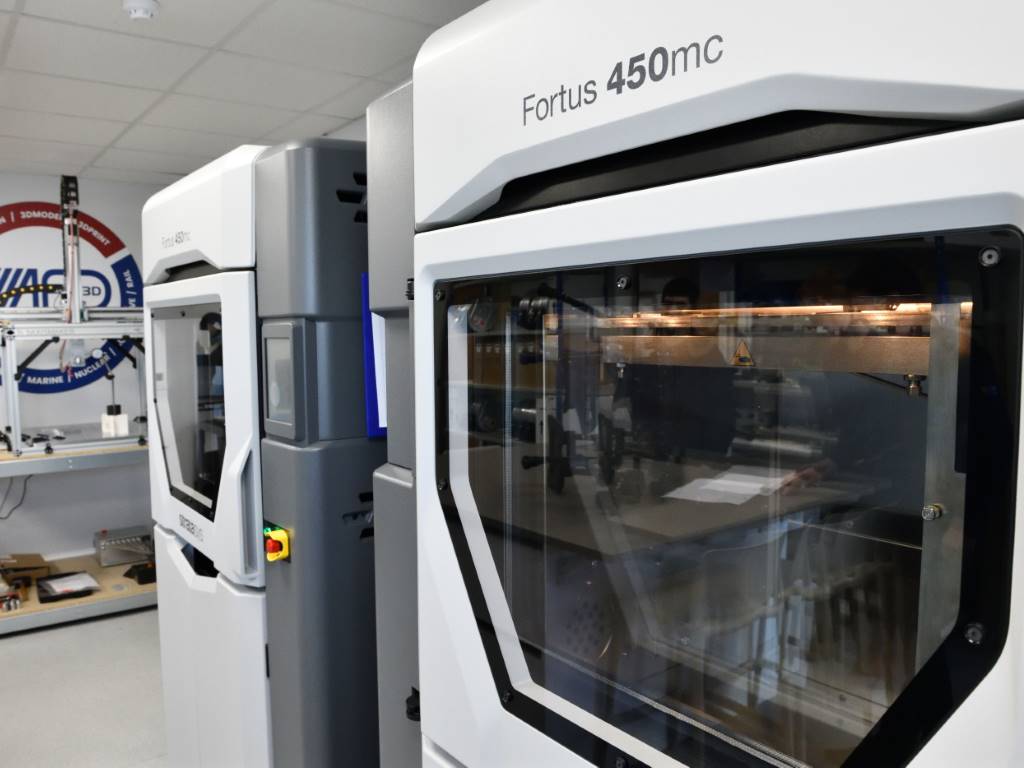Viability in the UK
Dawson Precision Components' managing director, Simon Dawson explains how the company is convincing manufacturers to stick with UK suppliers by providing increasing levels of quality to the aerospace industry.
Many subcontract engineering firms have struggled through the recession. Some have lost business as aircraft manufacturers have moved to lower cost suppliers abroad. In turn UK suppliers have cut costs themselves as they tried to compete for business, often meaning they have struggled to offer the levels of quality the aerospace industry deserves.
At Dawson Precision Components (DPC), we haven't competed on price with other countries, but instead have tried to meet demand by continuing to offer high levels of accuracy and service.
At the start of the recession, we began a £2 million investment programme in technology and training to ensure we could meet the demands of manufacturers, and it seems to be working. Throughout the recession we've retained and won business, received glowing testimonials, maintained healthy profits and kept on all our staff.
DPC is a family-run precision machining business offering a broad range of subcontracting services from expert metalworking, turning, milling and precision machining services, as well as production and design consultancy.
Precision components are critical to the aerospace industry. The reason we have had such a strong reaction from the aerospace industry is down to the level of accuracy and service we offer, and by ensuring we have the latest technology and trained staff, we can offer the aerospace industry a level of service which cheaper companies struggle to match.
The aerospace industry places high value on on-time delivery, a trusted relationship and knowledgeable staff at all levels, and it is important that we can deliver that on top of quality products. This is why we have invested in various training programmes, such as vocational qualifications in areas like customer service and teamwork. This has raised morale and commitment, which brings a real benefit to our customers.
We've also strived to ensure across the board competency. Several members of staff have undergone dimensional measurement training from the National Physical Laboratory (NPL), giving them a clearer understanding of geometric symbols and tolerances, how to interpret drawings to avoid confusion and an appreciation of the conditions or inaccuracies that can affect measurement.
This has lead to increased confidence and subjectivity in inspecting various components, which improves efficiency in the production process and provides customers with added confidence in the product they are receiving. We plan to roll out Level 1 NPL training throughout the factory and also to progress key personnel to level 2.
DPC also received its ISO 9001:2008 accreditation this year, certifying it complies with the very highest standards in quality management. This is another testament to the company's drive to maintain the highest standards of quality and delivery, regardless of the economic situation.
It's a rapidly changing industry and we intend to continue investing in our equipment and people to ensure we stay ahead of the competition. Some manufacturers believe they can't afford to do this, but we firmly believe that if we are to offer the aerospace industry the quality it expects, we can't afford not to.
We've proven that despite tough economic conditions and cheaper competitors, UK manufacturers can still represent good value for money. We've looked at what our customers' value and ensure we offer it. By producing high quality reliable components which meet tight tolerances and tight deadlines coupled with outstanding customer care, our aerospace customers can respond to their customers more quickly and with greater confidence. Increasingly they're finding that this represents a better value proposition than cheaper suppliers abroad and many find they would rather use trusted UK suppliers like us.
www.dpc.co.uk












